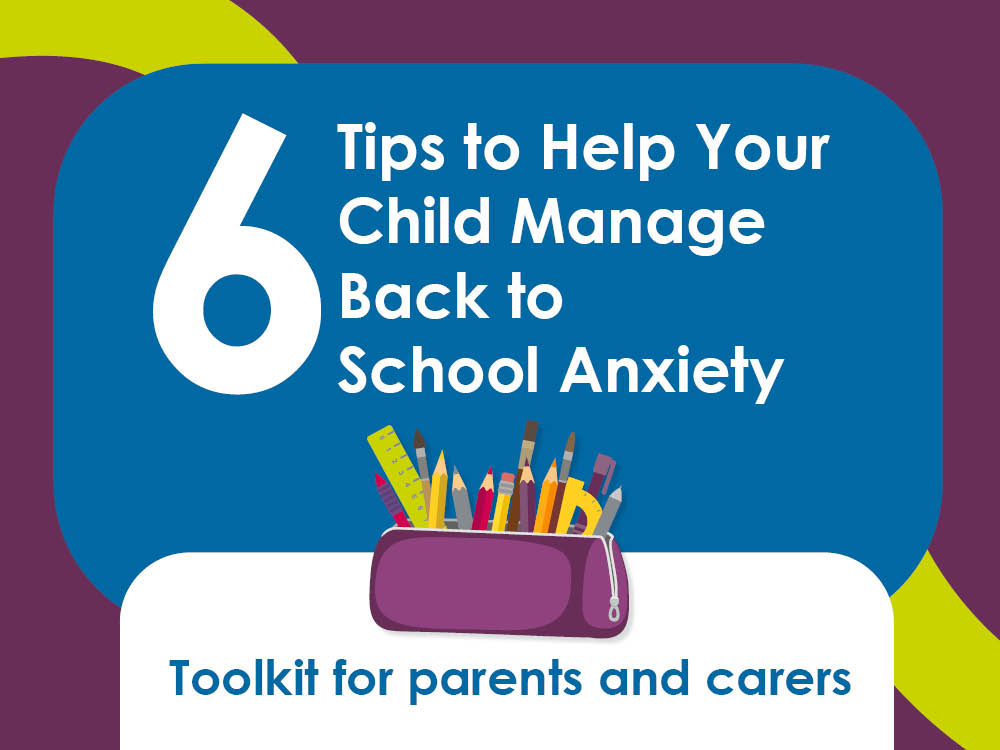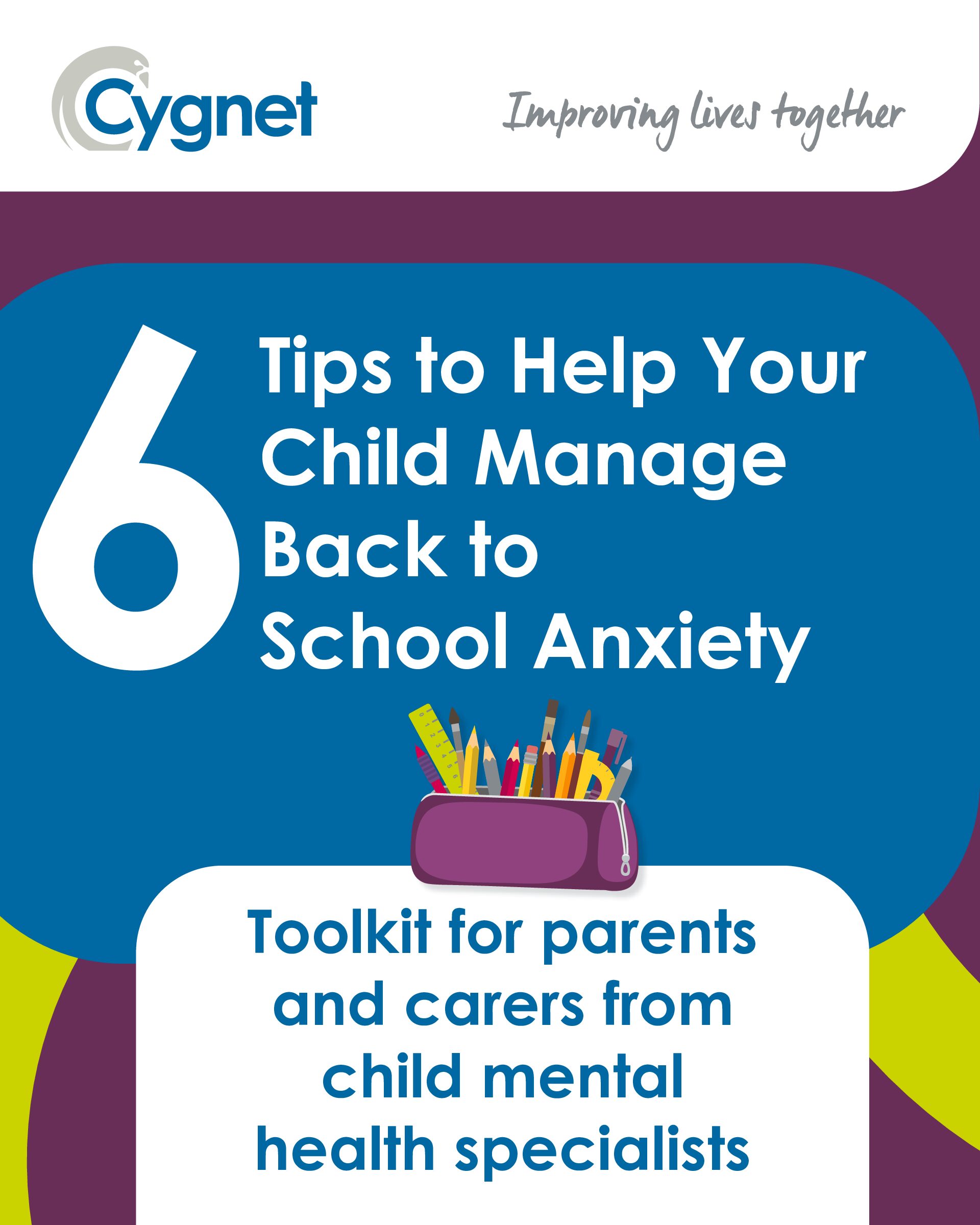
-
Listen with empathy
- Avoid rushing in to “fix” the problem too quickly. Instead, give your child space to share. Use open-ended questions like:
- “How are you feeling about going back to school?”
- “What part of school feels the most difficult right now?”
- Avoid dismissing their worries (e.g. “You’ll be fine!”), and instead validate them: “That sounds tough, I can see why you’d feel nervous.”
-
Reintroduce structure
Children thrive on predictability. Reintroduce structure gradually before school starts:
- Set a consistent bedtime and wake-up time
- Have regular mealtimes
- Practice getting ready in the mornings
- Limit screen time, especially before bed, to help reset sleep patterns
-
Problem-solve together
Instead of offering one-size-fits-all advice, invite your child to problem-solve with you:
- “What would help make the mornings easier?”
- “Would you like to meet a friend before school?”
- Role-play social situations or walk through the school routine so they can visualise success.
-
Model calm and confidence
Children often take emotional cues from their parents. Speak positively about school, and stay calm even during morning stress.
-
Work with the school
Reach out if your child is struggling. Teachers and pastoral staff are used to supporting anxious children. Request check-ins, safe spaces, or a buddy system if helpful. Schools can often make small adjustments that make a big difference.
-
Seek Professional Support When Needed
If anxiety is affecting daily life for more than a few weeks, speak to a GP, school counsellor, or mental health professional.
Early intervention can prevent anxiety from becoming more severe.
